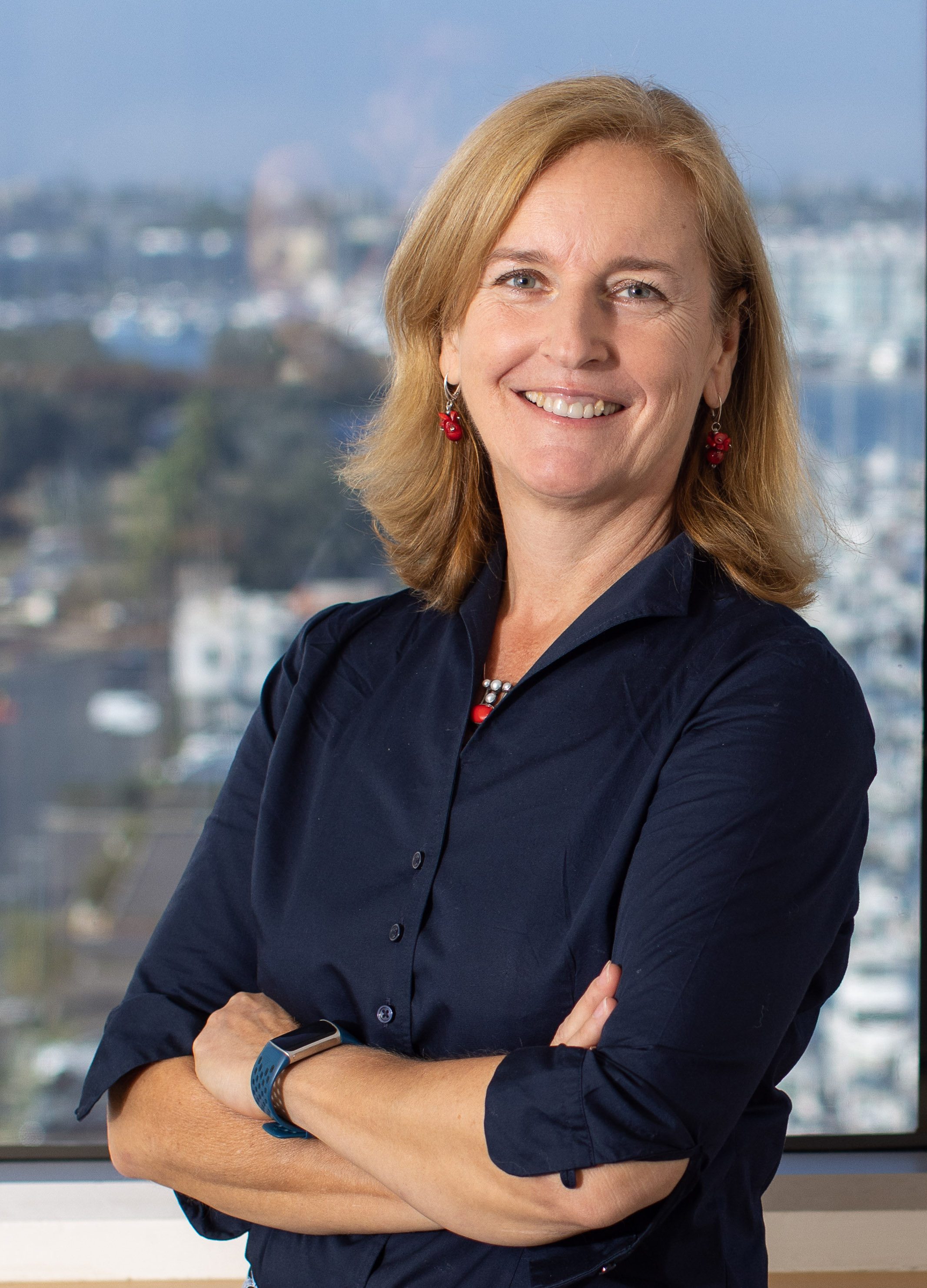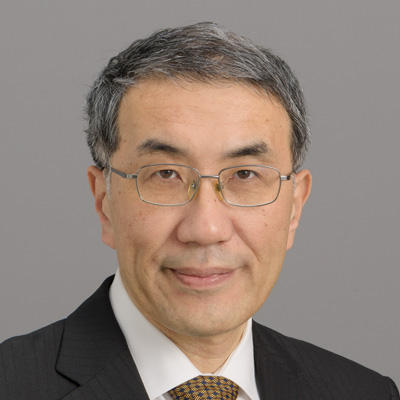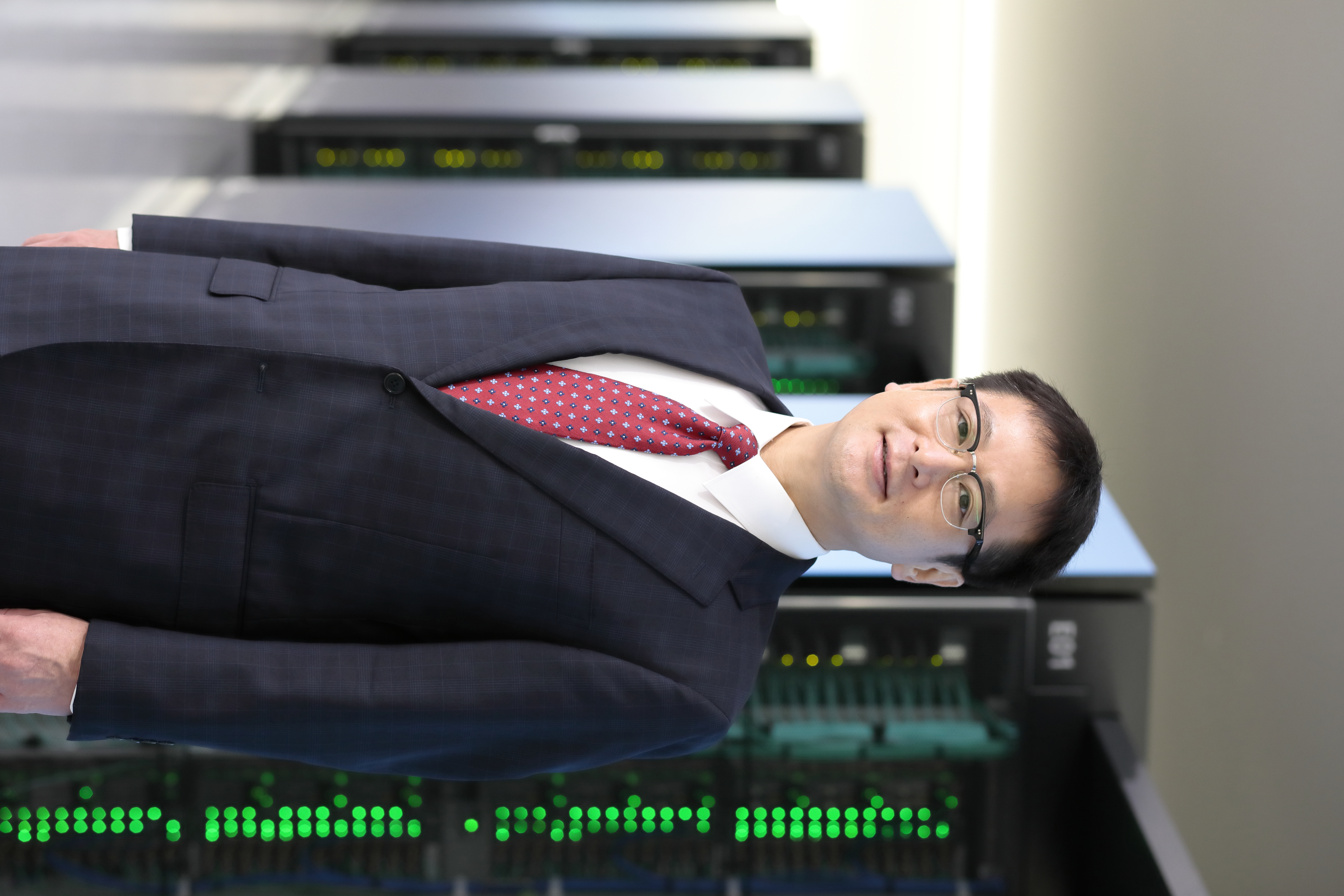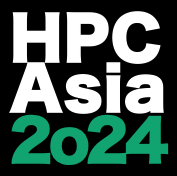Invited Speakers
How Are Scientific Workflows Helping Science and What Can We Do Better?

|
AbstractScientific workflows are now a common tool used by domain scientists in a number of disciplines. They are appealing because they enable users to think at high level of abstraction, composing complex applications from individual application components. Workflow management systems (WMSs), such as Pegasus (http://pegasus.isi.edu) automate the process of executing these workflows on modern cyberinfrastructure. They take these high-level, resource-independent descriptions and map them onto the available heterogeneous resources: campus clusters, high-performance computing resources, high-throughput resources, clouds, and the edge. WMSs can select the appropriate resources based on their architecture, availability of key software, performance, reliability, availability of cycles, storage space, among others. However, the world around us is changing and new AI technologies are growing at an incredible rate. The question is how can AI be used in the context of composing and managing scientific workflows? What are the potential benefits and drawbacks? This talk will describe the key concepts used in the Pegasus WMS to help automate the execution of workflows in distributed and heterogeneous environments. It will explore potential use of artificial intelligence and machine learning approaches to enhance automation. The talk will also help identify challenges that exist in adopting novel approaches for science at the technological and social levels. BiographyEwa Deelman received her PhD in Computer Science from the Rensselaer Polytechnic Institute in 1998. Following a postdoc at the UCLA Computer Science Department she joined the University of Southern California’s Information Sciences Institute (ISI) in 2000, where she is serving as a Research Director and is leading the Science Automation Technologies Center. She is also a Research Professor at the USC Computer Science Department and an AAAS, IEEE, and USC/ISI Fellow. The USC/ISI Science Automation Technologies Center explores the interplay between automation and the management of scientific workflows that include resource provisioning and data management. Dr. Deelman pioneered workflow planning for computations executing in distributed environments. Her group has led the design and development of the Pegasus Workflow Management software and conducts research in job scheduling and resource provisioning in distributed systems, workflow performance modeling, provenance capture, and the use of cloud platforms for science. Dr. Deelman is also the Principal Investigator and Director of the NSF-funded Cyberinfrastructure Center of Excellence, CI Compass, that serves the NSF Major Facilities. In 2006 Dr. Deelman founded the annual Workshop on Workflows in Support of Large-Scale Science (WORKS), which is held annually in conjunction with the SC conference. In 2015, Dr. Deelman received the HPDC Achievement Award for her contributions to the area of scientific workflows and in 2022 she received the Euro-Par Achievement Award for her outstanding contributions to parallel computing. |
|
Professor Ewa Deelman (University of Southern California, USA) |
Survey of Hybrid Computing of Quantum-Classic

|
AbstractThe Next-Fugaku Feasibility Study New Computation Principles Investigation Team has been conducting research and investigation from August 2022 to March 2024 on how to integrate quantum computers and supercomputers in the post-Fugaku era. We divided into five groups to investigate the current state of hardware, architecture, programming, and applications for both annealer-type and quantum gate-type systems. The results can be summarized as follows. Annealer-type systems are available for use in both cloud and on-premises environments and are actively utilized at a commercial level. However, at present, running on software on accelerators is more advantageous than using actual quantum methods. In the future, there is a high likelihood that it will continue to be employed as software on supercomputers rather than utilizing real quantum approaches. Gate-type quantum computers, including superconducting and ion trap types, are available on commercial clouds. Research and development are progressing for other approaches aiming for future fault-tolerant quantum computing (FTQC). However, due to the current low fidelity, they have not been able to demonstrate performance advantage over classical computers in practical problems. Currently, the benefits of connecting supercomputers and quantum computers are limited. However, there are significant operational advantages and the potential to access powerful simulators. It's essential to advance the development of an easily usable and standard API in the future. BiographyHideharu Amano received Ph.D from Keio University, Japan in 1986. He is now a professor of Dept. of ICS, Keio University. He is also a head of New Computer Principles Investigation team for Next-Fugaku Feasibility study, and SQAI keio department. His research interest includes computer architecture in a wide meaning. |
|
Professor Hideharu Amano (Keio University, Japan) |
Digital Transformation of the Airborne Infection Risk Assessment and AI Supported Smart Design Realized on the Supercomputer “Fugaku” toward Society 5.0

|
AbstractDuring the COVID-19 pandemic began in 2020, we have used the supercomputer “Fugaku” to quantify the airborne infection risk and effectiveness of countermeasures for over 1,500 cases in over 70 infection scenarios. Why have we been able to conduct such huge simulations in just two years and realize the DX of infection risk assessment? The underlying simulation technology has been developed since 2012 in collaboration with Japanese automobile companies on the Japan’s flagship supercomputers, “K” and “Fugaku”. In this talk, we will introduce this framework of smart design in the Society 5.0 era, realized by combining AI and high-fidelity simulation. We will also discuss the outlook of computer-aided engineering in the post “Fugaku” age. BiographyMakoto Tsubokura has been the professor of computational fluid dynamics at the Graduate School of System Informatics, Kobe University since 2015, and the leader of Complex Unified Simulation Research Team at the Center of Computational Science, RIKEN since 2012. After earning a PhD from the University of Tokyo in 1997, he first became a lecturer at the Tokyo Institute of Technology in 1999, then associate professor at the University of Electro-Communications in 2003, then at Hokkaido University in 2007, and then obtaining current positions. He specializes in research and development of mathematical modeling and simulation algorithms for thermal fluids in turbulent state, and their expansion to massively parallel environment on high-end supercomputers. Until now, he has published more than 90 research articles, as well as 30 review papers at distinguished international journals, and around 50 plenary/invited talks, 110 conference papers and 110 presentations at international conferences. He is a fellow of the Japan Society of Mechanical Engineers, the Japan Society of Fluid Mechanics, and Society of Automotive Engineers of Japan. He has been a member of the Engineering Academy of Japan since 2020. Until now, he received following awards: Software Japan Award in 2022 (Information Processing Society of Japan), Japan Open Innovation Minister of Education Award in 2022 (Cabinet Office), The Commendation for Science and Technology by the Minister of Education, Culture, Sports, Science and Technology in 2022, Computational Mechanics Award in 2023 (Japan Association of Computational Mechanics). In 2021, he and his colleagues won the Gordon Bell Special Prize for HPC-Based COVID-19 Research from the Association for Computing Machinery (ACM) for the research entitled “Digital Transformation of Droplet/Aerosol Infection Risk Assessment Realized on “Fugaku” for the Fight against COVID-19. |
|
Professor Makoto Tsubokura (Kobe University, Japan and RIKEN Center for Computational Science, Japan) |

